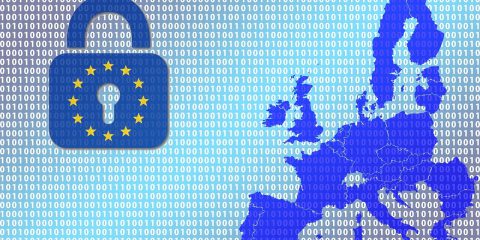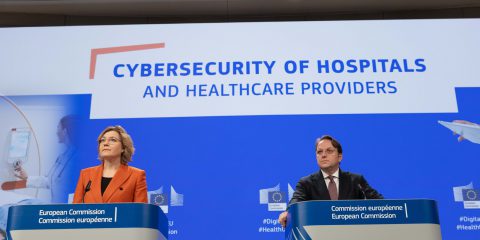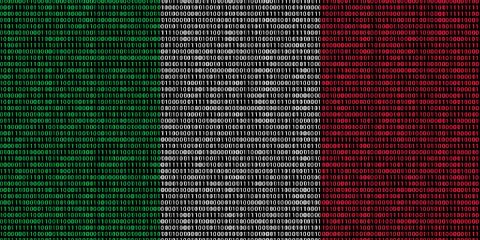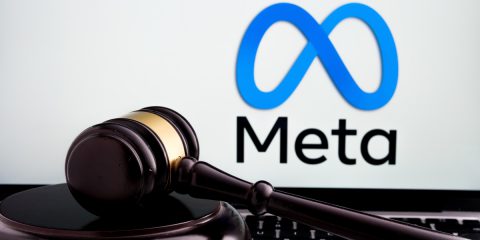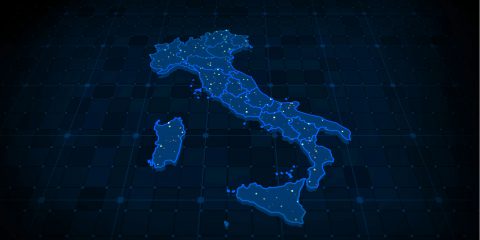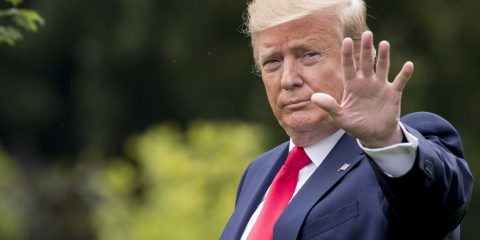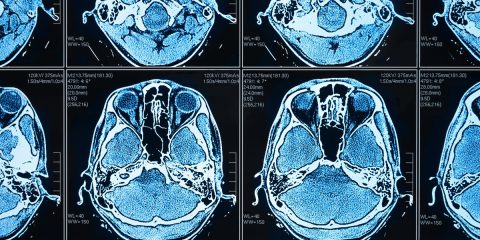Italia
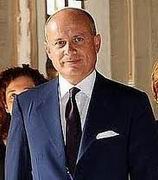
Pubblichiamo l’intervento di Luigi Marras (DG per la Mondializzazione e le Questioni Globali – MAE) all’evento ‘Beyond Dubai: A New Global Agenda for the Internet’, organizzato da Alleanza per Internet e tenutosi a Roma nella Sala delle Conferenze internazionali del Ministero Affari Esteri.
Secretary General of the International Telecommunications Union, Hamadoun Touré,
Under-Secretary of State for Economic Development, Massimo Vari,
President of the Link Campus University, Vincenzo Scotti,
President of the Alliance for Internet, Francesco Pizzetti,
I am glad to open this Conference at the presence of many global ICT players. We have accepted the proposal to hold here this meeting, because we are well aware of the importance of the international issues and interests at stake in the evolution of the digital society.
Today’s meeting is an opportunity to discuss the outcome and the follow-up of the Dubai World Conference on International Communications. Italy played an active role in Dubai, fostering dialogue and trying to bridge divides among Parties. This constructive spirit continues to inspire the Italian government in its contacts with the European and global partners, and in the debate with the private sector on the results of the Conference.
At the same time, we encourage interaction among all the relevant stakeholders – national and international, public and private. Especially the private sector, with its know-how and its resources, is essential for the success of our efforts aimed at developing adequate infrastructure, bridging the digital divide and facilitating access to information and communication technologies. In our country too, millions of citizens and many companies are still excluded from the broadband connection. In an interconnected world, the Internet highways too often stop at our borders: an obstacle to competitiveness and growth that we must overcome.
Cooperation among public and private stakeholders is required by the very nature of the Internet, which enables people, companies, organisations and states to interact. The greatest innovation of the 20th century – as defined by Nobel Laureate Rita Levi Montalcini – has eroded spatial and social barriers. Every day, two billion Internet users communicate ideas, make news, share information and influence governments with emails, blogs and social networks.
The spread of new technologies has transformed our world. The Internet has achieved what diplomacy had pursued for decades. It has created a “freedom network” between our citizens and those living in the most remote parts of the globe, also in countries where the traditional media are censored. It is an extraordinary victory of our time, allowing us to understand the political, economic and social aspirations of different people, especially those expressed by the new generations.
The Italian Government, as Undersecretary Vari will tell us, is in the front line of the battle for the freedom of expression on the Internet. Italy has strongly supported the UN resolution approved last year by the Human Rights Council on “The promotion, protection and enjoyment of human rights on the Internet”. With this resolution, for the first time, the international community has stated that freedom of expression applies fully to the Internet. The Resolution stresses the principle that the same rights enjoyed by persons “offline” have to be protected “online”.
When it comes to freedom of expression, Italy is convinced that the Internet governance should not be subject to intergovernmental regulations. We are for an open and transparent cyberspace and for a multi-stakeholders approach.
However, we acknowledge the dangers of a place where information and ideas can go through unfiltered. The Internet is being exploited to commit crimes, undermine political rights, violate privacy and hinder economic activities. Terrorists, fanatics, drug traffickers, paedophiles, organised crime make use of the Internet to threat the security of our society, of our children, of our peoples. And intellectual property piracy thrives on interactive networks where copying, counterfeiting and distributing copyrighted material to an unlimited number of users have become much easier.
The Internet requires a major national and international paradigm shift. To ensure that the cyberspace is extensively yet lawfully exploited, a shared framework for the effective protection of valuable creative content and economic profit is vital. We should not forget that the Internet industry flourished under the protection of patent law, which provided a reward for research, investment and development, triggering a progress cycle.
At the same time, nobody should hijack the Internet and the social networks to spread terror or deny human rights. These vehicles for freedom must always respect the dignity of the others and must never be a tool of aggression – not even verbal – but remain a place for dialogue. We shall never tolerate those who use the Web to incite to violence. The paradox of tolerance, elaborated by Karl Popper, is also valid for the Internet: “If we extend unlimited tolerance even to those who are intolerant, if we are not prepared to defend a tolerant society against the onslaught of the intolerant, then the tolerant will be destroyed, and tolerance with them”.
These values guide our approach to the Internet. They are our moral browser. Without them, we would become disconnected from our society. We want to make them a reality in the virtual space, seeking to find a balance between internet freedom and security, between the right to receive free information and the need to tackle cybercrime.
Cyber confidence building measures could help us strike this balance. To this end, we encourage governments and all the other stakeholders to share best practices and build cyberspace management capacity. New technologies call for new forms of responsibility. In a world where the protection of transport, energy and water distribution networks, of the banking market, telecommunications and financial systems depends on the cyberspace, this must remain a top global governance priority.
One important factor in tackling cyber threats is the ability of individuals, communities, enterprises and governments to respond and adapt to crises. The resilience of our societies and their values is fundamental. A secure, safe digital environment cannot be developed by governments alone. A responsible attitude of users, content providers, rights holders and policy makers is then required to make the Web a safer area.
The Internet has strengthened the influence of civil society, by building networks among individuals and promoting pluralism. Now civil society is called to play an ever increasing
role in order to introduce ethical behaviour and accountability in the Internet, and to guarantee a responsible use of its tools. I am confident that this meeting will contribute to this goal, as together we endeavour to advance the Internet Agenda over the world.
Thank you.
The floor is yours, Mr. Touré.
#beyondWCIT: lo Speciale di Key4biz







